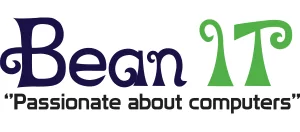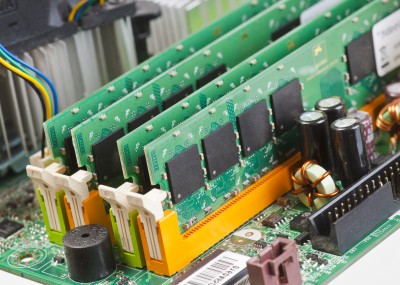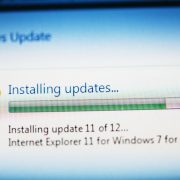Server Installation for businesses and home offices
It’s fair to say that most small businesses aim to become bigger businesses. As your business grows, if you haven’t already got one, you’ll need a server. Unless you’re a technical whiz kid, you’ll probably need a little help with the server installation. For most of us, the journey starts with a few office PC’s and ends with a server based system can be a culture shock to say the least. In this article, we will briefly explore some of the options available so you can start thinking through the process of planning your server installation.
Unfortunately, we live in a world with budgetary constraints. This plays a major part in any business owner’s choice of server installation. Thinking about a solution that will suit both your short and long term needs is therefore essential.
The old saying, “never judge a book by its cover” is very appropriate when it comes to computer servers. A small, basic server looks in many cases identical to a standard desktop PC. Don’t be fooled though as they are designed to perform a very different job. A desktop computer’s operating system is designed with ease of use in mind. Desktops are for a single person to go about their daily tasks such as accessing the internet. A server installation on the other hand, is designed to ‘serve’ many users simultaneously. A server’s operating system and applications it runs are therefore far more complex. Examples of server applications include group email, messaging and calendars as well as database applications such as CRM (customer relationship management) software amongst many others.
In short, undertaking the right server installation sets the scene for collaborative working amongst your staff. This can be in the form of an intranet or even a VPN (virtual private network). Intranet’s and VPN connections are accessible by employees from outside the office, via the internet. In some cases, servers operate as a file repository to ensure important documents are saved in one central location. Server installation are used to back-up data from connected desktops and laptop computers. Servers are built with an emphasis on reliability, security and fault tolerance. They include options such as redundant storage so that ultimately your critical data should be a great deal safer if you follow some basic procedures.
Choosing the right server installation for your business
Your choice of server installation is very much dependent upon its role in your business. It is important to consider how many PC’s and peripherals will be connected to your server and the type of applications you need to run. If your sole needs are file sharing, back up and maybe occasional remote access in a small office, a NAS (network attached storage) system or possibly even a Windows Home Server may suffice. For businesses with ten plus employees, or if you wish to run more demanding applications such as a large complex database, an email or print server, or a CRM system, then other options such as a tower, rack or blade server are available.
To discuss your server installation requirements for your business or home office; contact Bean IT on 0121 667 8977 or email info@beanit.co.uk









